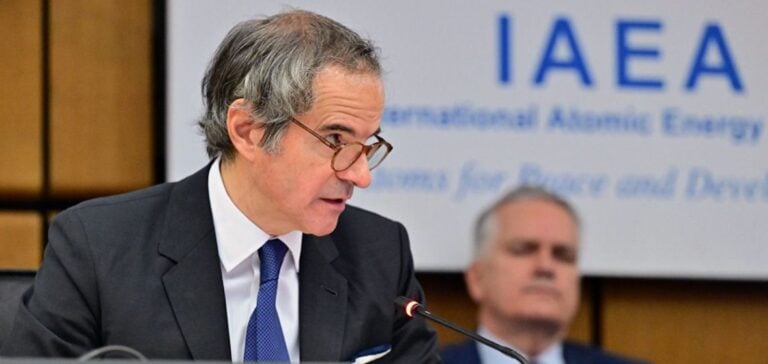Israel has launched a series of major airstrikes dubbed “Operation Rising Lion,” primarily targeting Iran’s military and nuclear infrastructure. The attacks targeted over a hundred facilities, notably at Natanz, Isfahan, and Arak. In response, Iran initiated a counterattack named “True Promise III,” firing more than 150 ballistic missiles and drones into Israeli territory. The human toll is already substantial, with dozens of deaths reported in both countries, including civilians.
Impacts on the regional energy sector
These military developments directly affect the regional energy sector, notably due to the geographic proximity of the strikes to major oil basins in the Persian Gulf. International markets fear rising crude prices amid potential disruptions of maritime supply routes. Energy sector analysts are closely monitoring the Strait of Hormuz, through which approximately 20% of global oil passes, to evaluate possible economic repercussions.
The United States had planned a new round of indirect negotiations with Iran regarding controls over its nuclear program in exchange for partial lifting of economic sanctions. These talks, initially scheduled to take place in Oman, were viewed as crucial for restoring stability to global energy markets. Tehran now considers continuing the negotiations meaningless due to the military escalation.
International stance amid military escalation
Several countries have expressed concern over the economic and geopolitical repercussions of the current tensions. China, the United Kingdom, and Australia have publicly urged restraint, fearing negative consequences for international markets. Meanwhile, US President Donald Trump, while officially supporting Israel, has warned Iran of massive reprisals if American interests are threatened.
The private sector, especially businesses active in the Gulf region, is closely observing developments in the security and diplomatic situation. Any worsening of the crisis could not only impact local operations but also significantly disrupt international investments and regional financial flows. Oil and gas companies operating in the Gulf region have already begun preparing contingency plans in case of prolonged disruption.






















